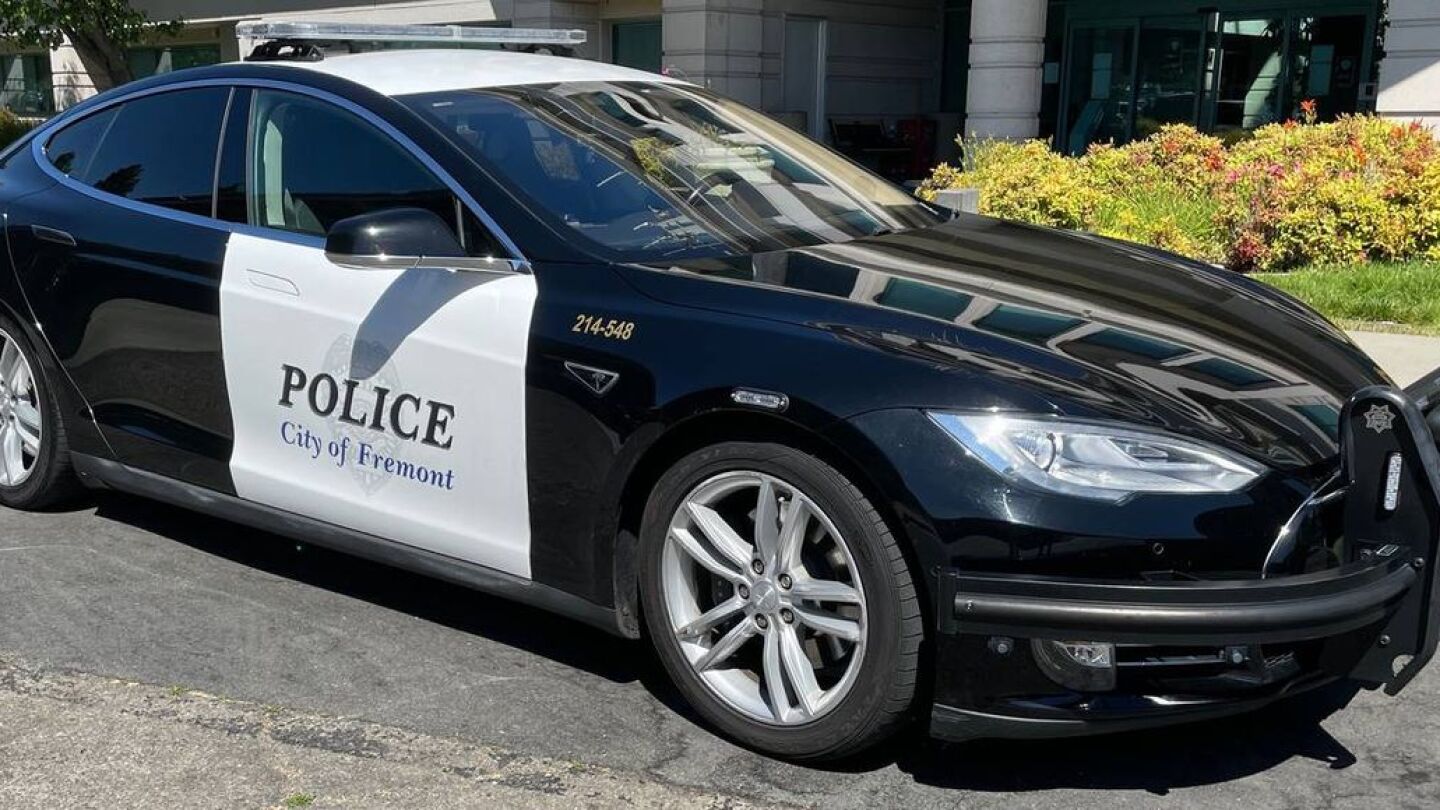- Reaction score
- 18,519
- Points
- 1,280

All vehicles, all electric: Australian Defence Force heading towards charged future
Federal government ministers have met with the domestic defence industry to discuss the future electrification of the Australian Defence Force’s vehicle fleet.
Changed the topic headline to be a bit less click-baity



